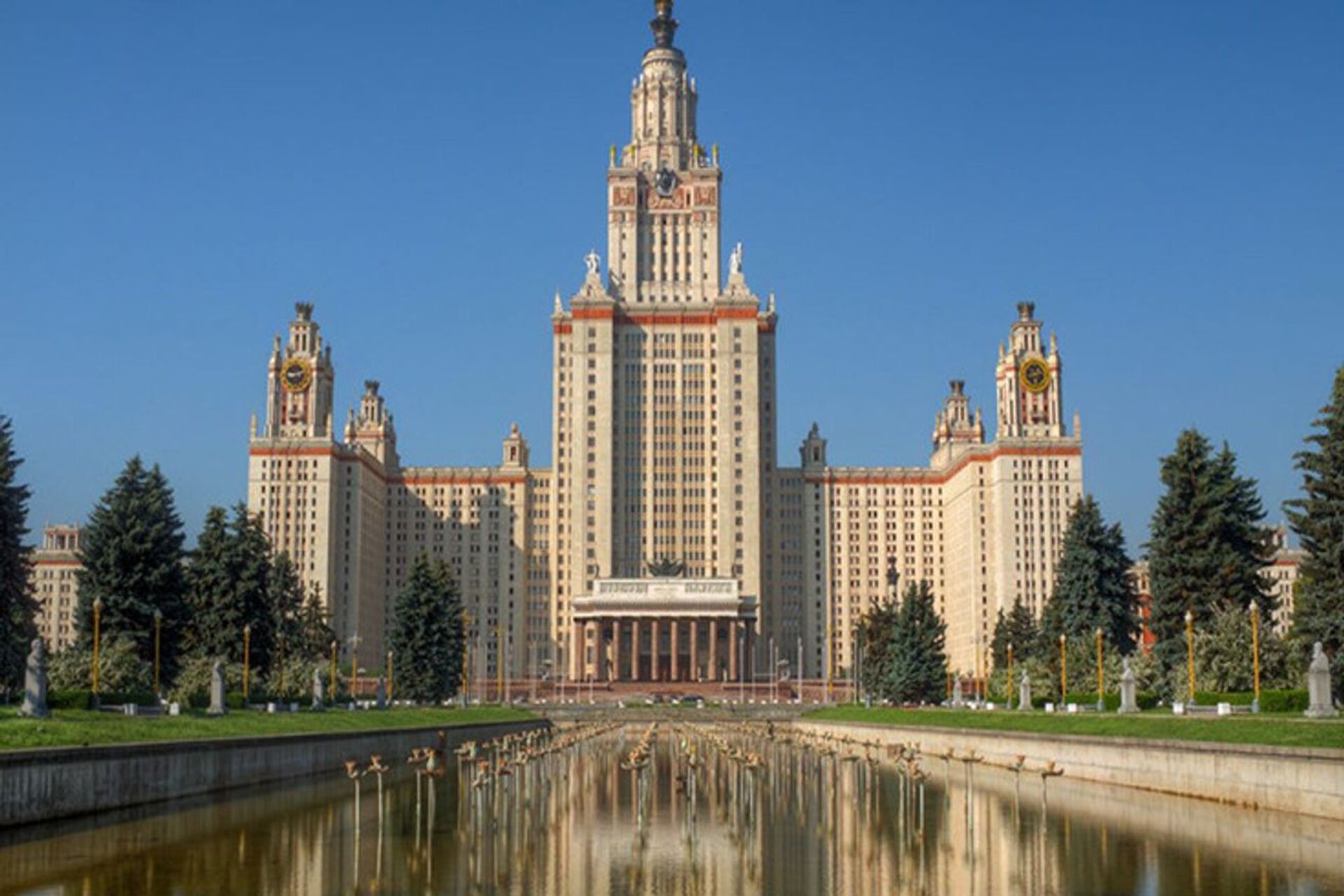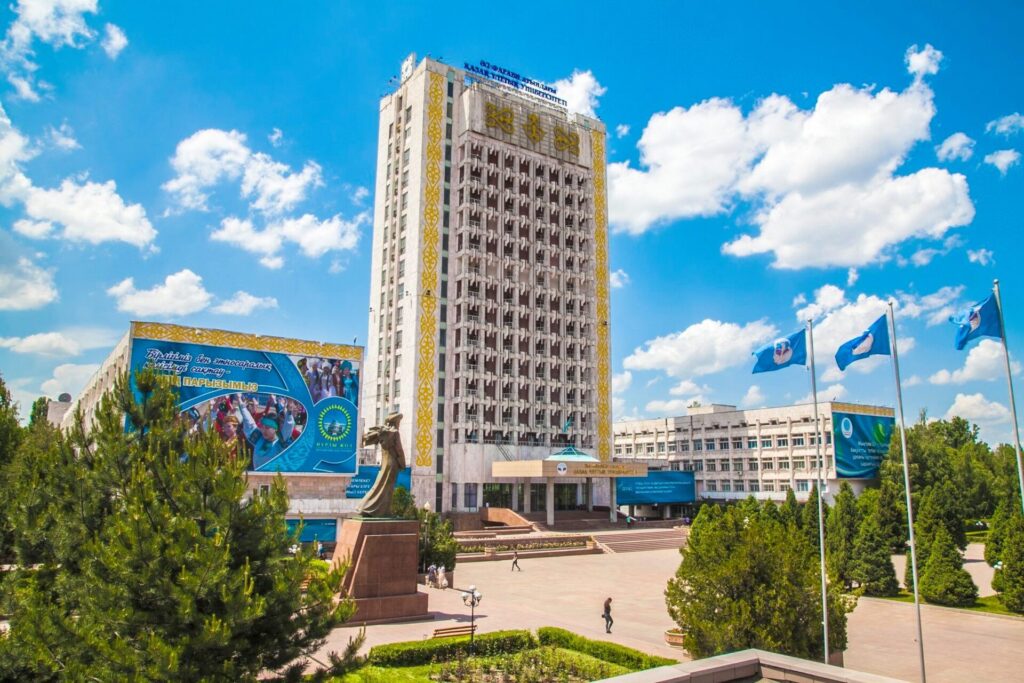Europe
Discover EUROPE
Discover Europe, the world's cultural treasure trove.
Europe is a continent located entirely in the Northern Hemisphere and mostly in the Eastern Hemisphere. It is bordered by the Arctic Ocean to the north, the Atlantic Ocean to the west, the Mediterranean Sea to the south, and Asia to the east. Europe shares the landmass of Eurasia with Asia, and of Afro-Eurasia with both Asia and Africa. Europe is commonly considered to be separated from Asia by the watershed of the Ural Mountains, the Ural River, the Caspian Sea, the Greater Caucasus, the Black Sea, and the waterway of the Bosporus Strait.
Europe covers about 10.18 million km2 (3.93 million sq mi), or 2% of Earth’s surface (6.8% of land area), making it the second-smallest continent (using the seven-continent model). Politically, Europe is divided into about fifty sovereign states, of which Russia is the largest and most populous, spanning 39% of the continent and comprising 15% of its population. Europe had a total population of about 745 million (about 10% of the world population) in 2021; the third-largest after Asia and Africa.
The European climate is affected by warm Atlantic currents, such as the Gulf Stream, which produce a temperate climate, tempering winters and summers, on much of the continent. Further from the sea, seasonal differences are more noticeable producing more continental climates.

Top Universities in Europe

Lomonosov Moscow State University
Moscow State University is a public research university in Moscow, Russia. The university includes 15 research institutes, 43 faculties, more than 300 departments, and six branches. Alumni of the university include past leaders of the Soviet Union and other governments.

V. N. Karazin Kharkiv National University
N. Karazin Kharkiv National University is the highest-ranked university in Ukraine at 401-410. Located in Kharkiv, it’s also the second-oldest university in the country (established in 1804) and ranks third in the EECA ranking for the international students indicator, and 53rdoverall.

Al-Farabi Kazakh National University (KazNU)
The country’s oldest and largest university is situated in the former capital city, Almaty. Al-Farabi Kazakh National University (KazNU) was established in 1934 and currently teaches more than 20,000 students, both undergraduates and postgraduates.
Student Visas
International students must distinguish between different types of visas before applying to visa in Europe. Following are the different types of visas.
- Student visa: This is the most common Europe student visa issued by European countries for international students who wish to study in Europe. They can apply for this student visa in Europe once they have an admission letter or offer of admission from a European university.
- Europe Schengen visa: This is a temporary visa for international students who wish to study in Europe. This Europe study visa is valid in those European countries that are members of the Schengen group of countries. This student visa in Europe is valid for 90 days but can be extended. Students can get this visa without the requirement to write an English language proficiency test or a language test specific to the country.

Scholarships for Indian Students
VSBfonds Grant: VSBfonds awards grants annually to graduating students who wish to study abroad after their study programme. It is not possible to use this grant for an internship or research project. Individual Travel Grant: Are you planning a study programme, internship or research project abroad and you're not eligible for an Erasmus or Holland Scholarship grant? In that case, you might apply for a grant from the Radboud University Profiling Fund - the Individual Travel Grant (IRS). VRL Scholarship Program: As a part of India’s leading business strategists, they firmly believe in the power of education and the potential it holds to shape a brighter future. They are thrilled to announce the launch of our VRL Scholarship Program.
Popular Courses
Master of Business Administration: Europe is one of the most affordable continents to study for a Masters in the world. With the majority of universities ranked amongst the top 100 universities in the world and its countries ranking in the lists of best cities, Europe is the go-to study abroad destination.
Arts and Humanities: Europe is one of the most popular art destinations in the world with culture and history that is deep-rooted in painting, music, literature, dance, fashion, etc. Students who choose to study in Europe within the fields of arts and humanities
Engineering is one of the professional degrees that are well sought-after by international students. The universities here have been pioneers of innovation and invention since 1088. This implies that the zest that the universities have towards research in the sciences has been put in place centuries ago.
(A) Cost of living for Students
Like for many other countries, cost of education includes tuition fees along with living expenses for international students. These estimates are required for student visa purposes.
- Tuition fees vary across different countries in Europe. The fees depend upon the course, country and university they choose to study in. Some universities charge no tuition fees from students for bachelor’s, masters and Ph.D. in Germany.
- Living costs for foreign students also vary depending on the country of residence. Living costs in some of the best countries to study in Europe will include accommodation, food transport etc. Entertainment costs and mobile phone recharge costs can be added to living costs.

(B) Part-Time Work Opportunities
International students studying in Europe can work part-time in certain countries. The rules differ from country to country. Candidates must check their options in the country that they have chosen to study in.
- Part-time jobs provide students with extra income to cover living expenses and offer valuable work experience.
- On-campus and off-campus part-time employment opportunities are also available during the academic program.

(C) Internship Opportunities
Work opportunities are a significant aspect of international student life in Europe. The students have access to various work options, including internships, part-time jobs, and post-graduation employment.
- Teacher Intern Program: is looking for young individuals from all backgrounds who are enthusiastic about meeting new people and helping them express themselves in English.
- OSCE Internship Program: provides a framework for graduate/postgraduate students or recent graduates or postgraduates (within one year of graduation) to develop their professional skills and gain practical work experience in an international environment.

Cultural Experience
European universities have students from different countries. This allows students to interact with people from different cultures and ethnic backgrounds.
- For Indian students, choosing to study in Europe goes well beyond education—it becomes a cultural immersion. The diversity in Europe mirrors the kaleidoscope of cultures found in India, turning the academic journey into a transformative cross-cultural experience.
- Here, we delve into the factors that make Europe a compelling destination for Indian students contemplating going abroad for their higher education. From cultural immersion to the linguistic playground and its global academic standing, Europe beckons as a land of endless possibilities.

We’d be delighted to hear from you.
Get free Counselling
Schedule a 1-1 career counselling session with our experts and get all your queries answered.
